We get asked a lot “how can content marketing help my business” so this week we explore further why content is number one on most marketers agendas and for us as a digital agency it’s a core service.
According to a recent survey of 700 business professionals conducted by Adobe and Econsultancy, the top priority for marketers this year is content. And 52% of marketers say the ability to target and personalise content is fundamental to their online strategy. However, only 18% say they have the marketing technology to succeed.
So in answer to the question, “how can content marketing help my business?”
Well, if done exceptionally, it doesn’t feel like marketing to the audience. The ultimate aim is that the user will be so mesmerised by the content you’ve created that they’ll unwittingly devour it as useful/interesting/emotional rather than as a marketed piece of branded material. They’ll organically be introduced or exposed to your brand or company without being plied with tacky advertising material which can deter potential customers.
The more you offer your audience in terms of great content and useful information, the more they’re going to trust, respect and want to use your business.
In the same way no one likes a door-knocking salesman, no one wants to feel bombarded with advertising while they’re surfing the web. The content has to feel natural – the complete opposite of forced – so that the audience organically finds and consumes it.
The thing is, if your agency led content marketing is successfully applied, your audience is not only going to find and consume it, but they will also SHARE it. This is why content marketing can be (if done well) so beneficial to your business. Digital ‘word of mouth’ (sharing) is an effective way of driving sales because, to the audience, it feels like a natural exposure to a brand rather than a forced one and that’s the kind of thing people trust. In fact according to SAP people trust other people 90% more than they trust a brand. Every share or like or re-tweet exponentially influences a wider set of consumers.
The point of content is that it gives something to the audience. People head online to search for endless amounts of information, and if you can give them some form of the information they’re searching for, you’re going to grasp their attention. The aim is not to directly sell them something, but to give them something of interest that in turn will lead to sales.






